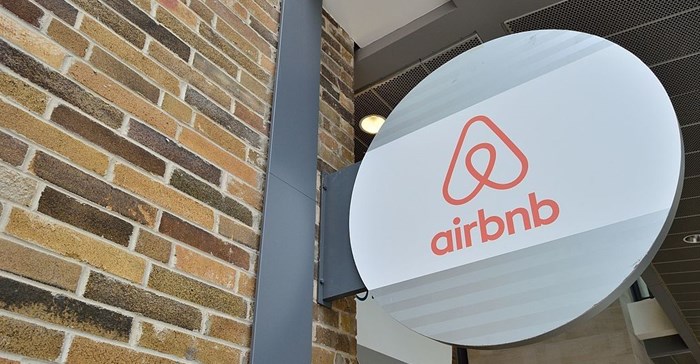
Top stories





Marketing & MediaAds are coming to AI. Does that really have to be such a bad thing?
Ilayaraja Subramanian 1 day

More news















“We are not concerned about competition if we are all playing on an equal field. What concerns us are new industry players that are listed on Airbnb that doesn’t follow any regulation, some are not even registered as businesses,” Tshivhengwa said, further citing Airbnb's failure to comply with the South African Liquor Act as one of the issues demonstrating the hospitality platform's non-compliance.
Airbnb responded stating that these allegations are baseless. Airbnb is not an accommodation provider, but a platform that allows hosts to advertise their property and connect with guests. "We ask hosts to confirm that they comply with the laws that apply to them before they list their property on the platform," says Velma Corcoran, regional market consultant for Southern Africa.
Airbnb has stated that they want to be good partners to everyone in South Africa and support the responsible and sustainable growth of innovative forms of travel.
The Airbnb community boosted the South African economy with an estimated R2.4b in 2016. The typical Airbnb host in South-Africa shares their home for 16 days a year and earns an additional R28,000 a year.

The secretary-general of the UN World Tourism Organisation recently stated that "hotel chains need to stop complaining about companies such as Airbnb and instead embrace the accommodation phenomenon."
"Hosting on Airbnb allows regular South Africans to share their homes, boost their income and spread benefits beyond hotel districts to local communities and businesses. We want to be good partners to cities and work closely with authorities in South Africa and across the world."